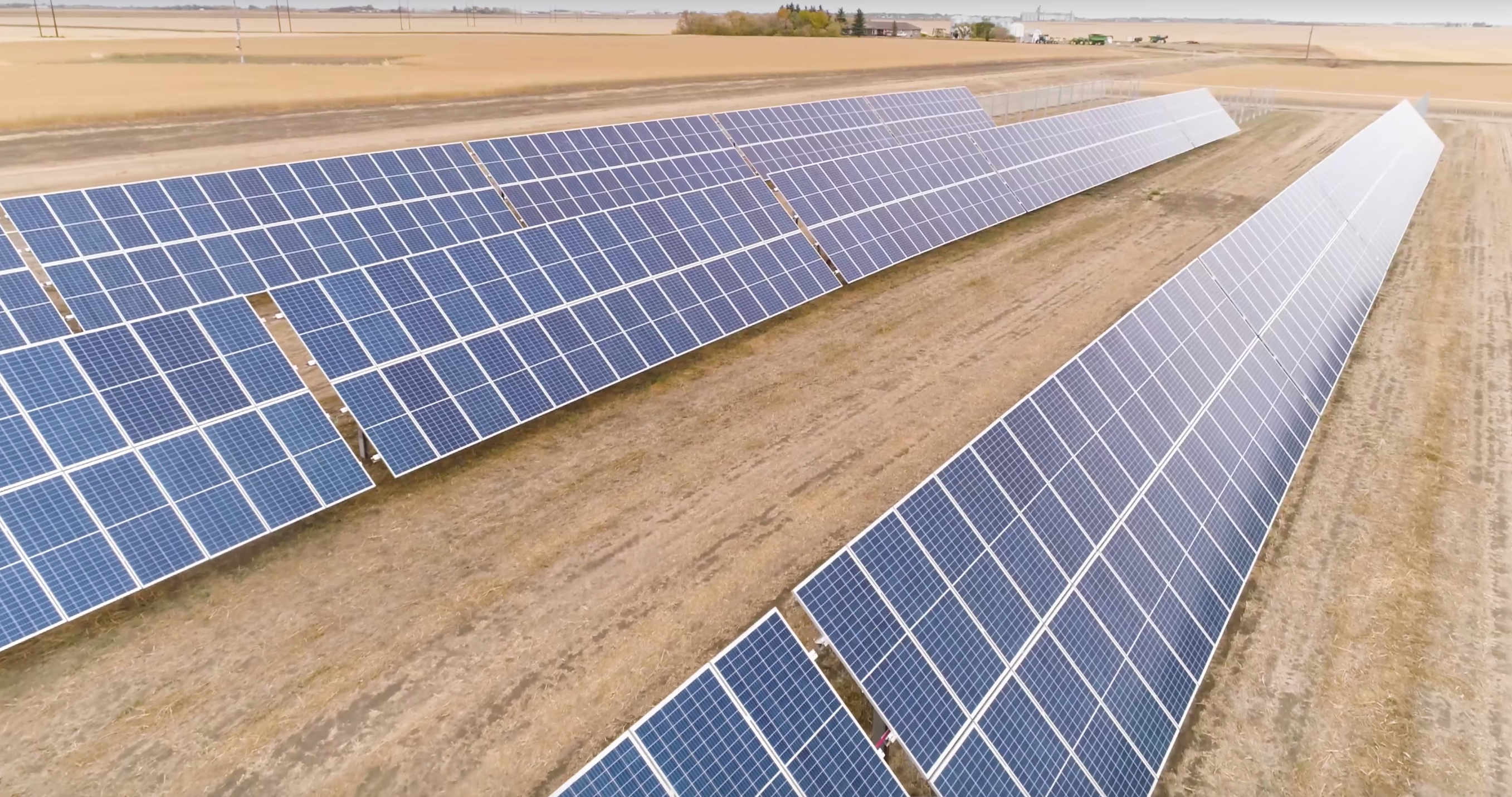The healthcare landscape in Canada is changing and more facilities are considering the integration of solar energy as a strategic and forward-thinking investment to hedge against rising operational costs.
Incorporating solar contributes to a healthcare facility’s financial stability and significantly reduces their carbon footprint. The Federal Government of Canada announced in the Fall 2022 Economic Statement the Clean Technology Investment Tax Credit (ITC). The credit is designed to encourage the investment of capital in the adoption and operation of clean technology property in Canada and is a valuable rebate available to all commercial businesses, including healthcare facilities. Tax credit details.
The rising energy costs that all Canadians are experiencing further amplify the viability of solar adoption, making it an economically prudent and environmentally responsible choice for healthcare businesses nationwide. In this blog, we explore these benefits of solar for the healthcare industry and an overview of our success stories.
Why Solar is a Smart Investment for Healthcare Businesses
The integration of solar power in healthcare facilities provides many benefits. Firstly, solar helps health facilities save money, which can be reinvested to support other priority health programs. Facilities can generate their electricity, significantly reducing energy costs and reliance on the grid. This cost-saving aspect is particularly crucial for healthcare institutions, which are among the largest consumers of energy and face substantial electricity expenses.
The adoption of solar energy aligns with the United Nations Sustainable Development Goals, particularly Goal 3: “Ensure healthy lives and promote well-being for all at all ages,” making it a compelling and forward-thinking choice for healthcare institutions[1][4].
Financial Incentives for Healthcare Businesses
In Canada, the financial incentives – like the ITC – make it an attractive and economically sound choice. The cost of solar power has been decreasing over the years, with the efficiency of modules becoming more affordable and cost-effective. Combined with incentives and available rebates, the financial benefits are clear. Facilities and any commercial business that transitions to solar energy costs should see more predictable and stable bills, unlike other energy sources subject to price fluctuations, providing financial stability for healthcare facilities. When these organizations leverage government incentives, declining energy bills and stable energy it makes the transition to solar power a viable and attractive option for Canadian businesses.
Environmental Benefits of Going Solar
Solar is a clean and renewable energy source that significantly reduces greenhouse gas emissions, mitigating climate change and contributing to improved air quality. Unlike traditional power sources that rely on fossil fuels, solar panels harness the sun’s energy to generate electricity, making them an eco-friendly alternative that does not generate harmful emissions. By transitioning to solar energy, healthcare facilities can significantly reduce their carbon footprint, positively impacting the environment and the health of the global population.
Additionally, integrating renewable energy systems in hospitals helps increase resiliency, improve environmental performance, and address the urgent need for sustainable solutions in the healthcare sector.
Success Stories
In 2020, the SkyFire Energy team installed an 81kW system at Cool Dental in Lethbridge, AB. This project included 234 solar modules and is grid-tied through the City of Lethbridge so they receive credits for excess produced energy.

Canadian Blood Services; Calgary, AB
In 2019, the SkyFire Energy team installed a 551kW system for Canadian Blood Services in Calgary, AB. This massive project included 1,597 solar modules and is grid-tied through ENMAX so they receive credits for excess produced energy.

Child Development Centre; Calgary, AB
In 2007, the SkyFire Energy team installed a 43kW system at the Child Development Centre in Calgary, AB. This project included 270 solar modules, is grid-tied through ENMAX so they receive credits for excess produced energy.

The University of Calgary’s Child Development Centre (CDC) is notable in the engineering world for being the first-ever certified LEED Platinum building in a cold climate. It is also notable for being the very first commercial-scale solar project ever installed by SkyFire Energy.
With all of the benefits for this industry, adopting solar is a strategic and forward-thinking investment. By leveraging this source of power, healthcare facilities can significantly reduce their energy bills, create financial sustainability, and redirect saved resources toward priority health programs. The environmental advantages are equally significant. The financial incentives available in Canada further bolster the case for transitioning to solar energy, with government grants and rebates making it an economically sound choice for healthcare businesses in the country. Solar is part of the future and as this industry continues to embrace this technology, the decision to take action remains a transformative step towards ensuring reliable, sustainable, and environmentally responsible healthcare delivery.
Citations
[1] https://www.un.org/en/un-chronicle/solar-health-five-ways-solar-power-can-make-universal-healthcare-reality
[2] https://betterbuildingssolutioncenter.energy.gov/toolkits/incorporate-solar-pv-your-healthcare-facilities
[3] https://arka360.com/ros/solar-energy-benefits-healthcare/
[4] https://energy5.com/the-role-of-solar-panels-in-revolutionizing-health-care-facilities
[5] https://www.energy.gov/eere/solar/solar-energy-wildlife-and-environment
[6] https://www.solacity.com/solar-rebates-and-incentives-in-canada/

